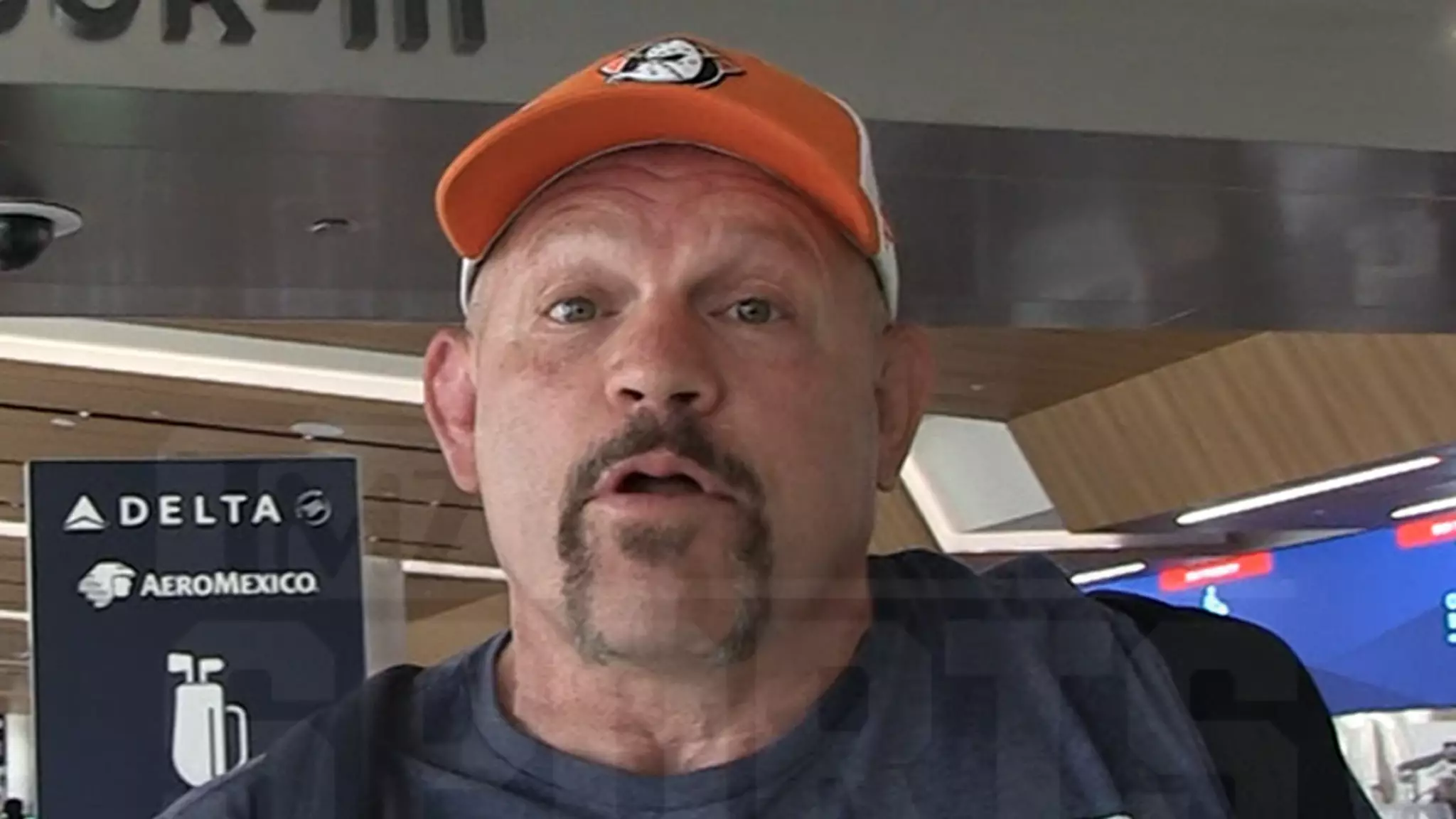Recently, Conor McGregor, the iconic figure in mixed martial arts, made headlines with his announcement of interest in running for president of Ireland. As someone with undeniable charisma and a robust fanbase, questions arise about his capability of transitioning from the Octagon to the political arena. The thoughts of Chuck Liddell, an esteemed former UFC champion, add a layer of intrigue to McGregor’s potential candidacy, suggesting that there may be more to this ambition than mere bravado.
McGregor’s fame extends beyond just fighting; he embodies a brand, perhaps not unlike other celebrities who have ventured into politics. His identity as “The Notorious” resonates with a significant population in Ireland, which provides him a unique platform. According to Liddell, the qualities that make McGregor a champion fighter—leadership, charisma, and drive—could translate well into a political role. Yet, this leads to an essential question: can the traits that define great athletes equate to effective political leadership?
Liddell articulates a notable point: public popularity does not guarantee political effectiveness. In his view, being adept in one field does not universally apply to another. This sentiment raises skepticism about transitioning figures, where the nuances of political governance could contrast sharply with the decisive and physical sprawl of a combat sports career. It’s a reminder that while charisma may draw votes, the real demands of politics require a different skill set.
In the realm of political aspirations, experience plays a critical role that cannot be overlooked. Obama’s and Trump’s journeys brought valuable lessons about the political landscape, emphasizing the need for a robust understanding of public policy, governance, and diplomacy beyond the realm of celebrity. McGregor’s experience appears sparse in these arenas. Successful politicians often rely on advisors, knowledge of legislative processes, and grounded political philosophies—none of which the fighting mat necessarily prepares for.
Looking at examples of athletes in politics, such as Tito Ortiz, offers insight into what might happen should McGregor pursue a similar path. While Ortiz found some success, his political tenure was often met with criticisms about his qualifications and competency in a political landscape far removed from the chaotic intensity of UFC bouts. This comparison serves to illuminate the complexities surrounding celebrity politicians—hard-fought battles in their respective fields may not translate well into political victories.
While Conor McGregor’s visibility and popularity could help him gain traction in a political campaign, the question remains whether he possesses the foundational skills requisite for effective leadership. The insights from Chuck Liddell remind us to consider the broader implications of such an endeavor, as transitioning from sports to politics is no small feat. As McGregor entertains this ambitious idea, it will undoubtedly prompt discussions within both the sporting and political communities about the intersection of fame, leadership, and public service. Ultimately, whether or not McGregor takes the plunge into politics, his aspirations invite a critical examination of what it truly means to lead.

Leave a Reply